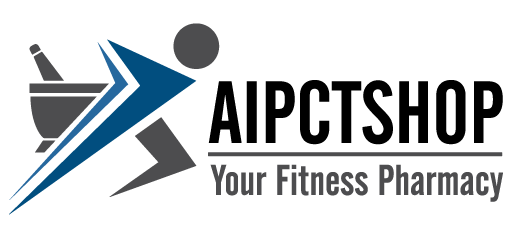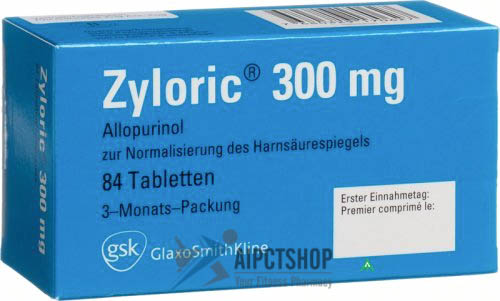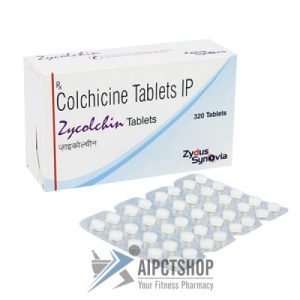What is this drug used for?
– It is used to lower uric acid in the blood.
– It is used to prevent high uric acid levels during chemo.
– It may be given to you for other reasons. Talk with the doctor.
Frequently reported side effects of this drug
– Diarrhea
– Nausea
Other side effects of this drug: Talk with your doctor right away if you have any of these signs of:
– Kidney problems like unable to pass urine, blood in the urine, change in amount of urine passed, or weight gain.
– Liver problems like dark urine, fatigue, lack of appetite, nausea, abdominal pain, light-colored stools, vomiting, or yellow skin.
– Infection
– Kidney stone like back pain, abdominal pain, or blood in the urine.
– Painful urination
– Eye irritation
– Vision changes
– Joint pain
– Swollen glands
– Shortness of breath
– Excessive weight gain
– Swelling of arms or legs
– Chest pain
– Bruising
– Bleeding
– Severe loss of strength and energy
– Stevens-Johnson syndrome/toxic epidermal necrolysis like red, swollen, blistered, or peeling skin (with or without fever); red or irritated eyes; or sores in mouth, throat, nose, or eyes.
– Signs of a significant reaction like wheezing; chest tightness; fever; itching; bad cough; blue skin color; seizures; or swelling of face, lips, tongue, or throat.
Note: This is not a comprehensive list of all side effects. Talk to your doctor if you have questions.
Medication Safety Issues
Sound-alike/look-alike issues:
Allopurinol may be confused with ApresolineZyloprim may be confused with zolpidem, ZORprin, Zovirax
Storage and Stability
Powder for injection: Store at 20?C to 25?C (68?F to 77?F). Following preparation, intravenous solutions in NS or D5W should be stored at 20?C to 25?C (68?F to 77?F). Do not refrigerate reconstituted and/or diluted product. Must be administered within 10 hours of solution preparation.
Tablet: Store at 15?C to 25?C (59?F to 77?F). Store in a dry place. Protect from light.
Adverse Reactions
1% to 10%:
Dermatologic: Maculopapular rash (?3%; pruritic), skin rash (?2%)
Endocrine & metabolic: Gout (?6%; acute)
Gastrointestinal: Nausea (1%), vomiting (?1%)
Renal: Renal failure syndrome (?1%), renal insufficiency (?1%)
Frequency not defined:
Gastrointestinal: Diarrhea
Hepatic: Increased serum alanine aminotransferase, increased serum alkaline phosphatase, increased serum aspartate aminotransferase





Reviews
There are no reviews yet.